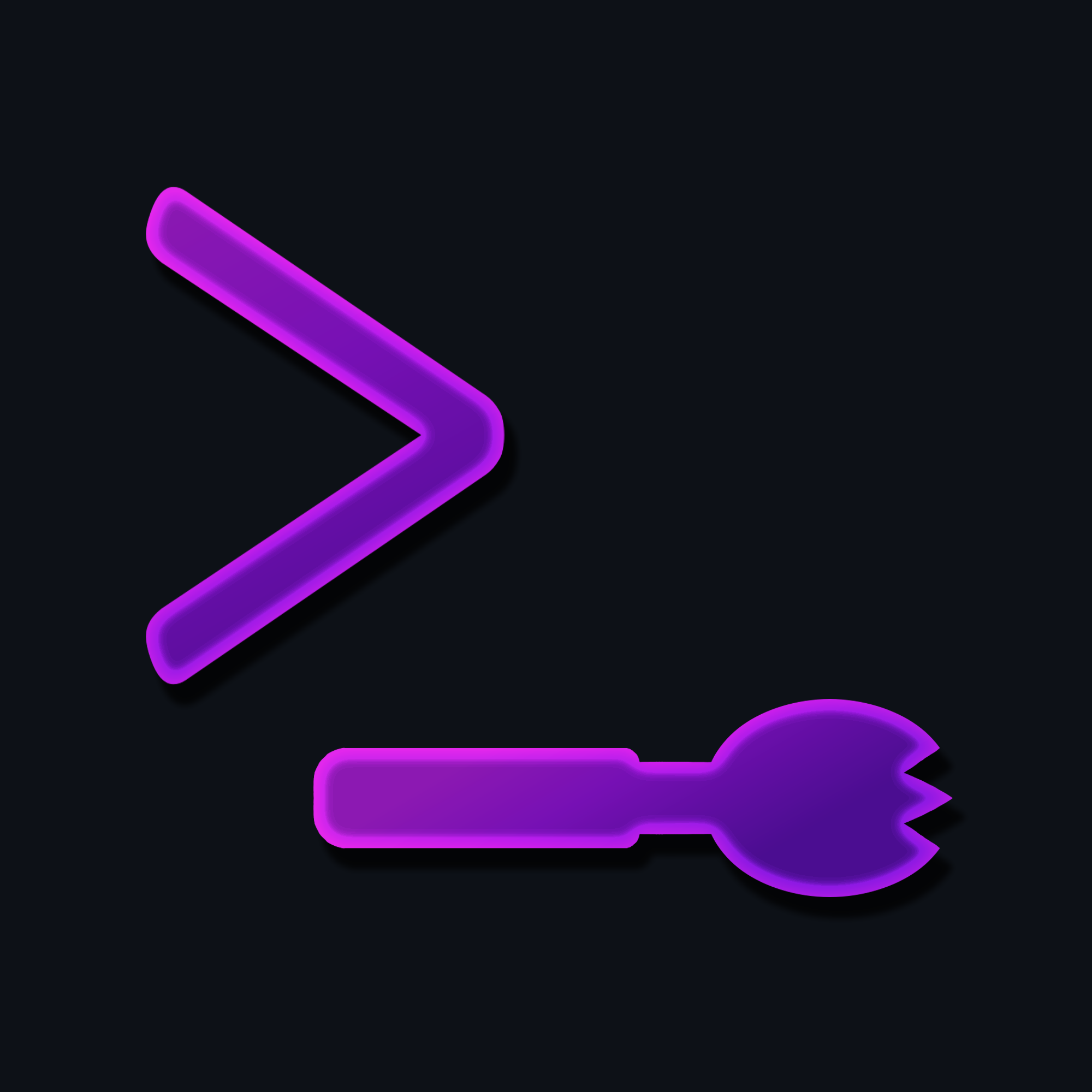- cross-posted to:
- [email protected]
- cross-posted to:
- [email protected]
I postet a screenshots from https://manjaro.org/products website where they have a stock photo of a macbook besides the download button for the desktop .iso
Know theres another macbook stockphoto at gnomes website.
So either there are no other laptops produced that fit the highly enterpr1se entrepreneur busine5s investment1t!1! life style of the regular linux users who visit these websites, or manjaro and gnome are all investing in asahi linux secretly.
I understand that the iphone became a synonym for “mobile phone” especially when it comes to graphics. The unique look of them, especially when they still had their home button, makes it very easy to draw one on a computer e.g.
And macbooks are widely used by professionals of all disciplines, so yes, macbooks are associated with profession.
All fine, but why on a Linux-Distro website, like manjaro ?! Why on Gnome? Apples not really invested in getting open source software running on their systems, so where come the probs from and what for?
Is it a MacBook? I though they had notches? Certainly looks very mac-like at the very least though.
Yes, I think this is a fictional laptop, but very resemblant to MacBook. On the other hand, MacBook design is very sober.
Right on time when I decided to give it a serious spin. Nice!
Btw, does anyone know how to remap the super key to activate apps menu (official extension) instead of the default workspace menu? That’s one part of GNOME I did not find nice.
UPD. I have found an extension that allows me to attribute any command to the Super key; how do I use a command to call an extension (in this case, the apps menu)?
Why not try doing things the gnome way once. Super key one for overview, and twice for app list.
Using Gnome needs that you try a different workflow. Use the Windows way if you’re afraid (by adding a panel and a menu), but once you’ve settled, try to understand why it was designed that way and how to use it properly. For the first months, I was using a dock / panel, but since years I use only caffeine (to keep the screen awake when I need) and workspace indicator (because Debian is still at Gnome 43 and quick workspace switch was introduced in Gnome 45). Gnome is by FAR the desktop where I’m the most productive and I’ve tried them all over the years.
I don’t currently see how going into a dockmode and then the app drawer is more productive than to have a small menu popping up with all I need at the push of a button. I also need to move between active windows quite a lot, which is why I also need my open apps in the top bar (which, luckily, is way less problematic to setup, there is an extension for that exactly)
I guess it might be a matter of personal preference, but this is the key issue I have with Gnome, the rest is indeed good. The top bar, while inconvenient at first, does have clear benefits and I see how it might be helpful; the design language of the apps is something I adore, everything is tailored to be minimalistic, but powerful.
But this exact part is not in my taste at all, and I do not appreciate being forced into a design choice that only causes me headaches.
I’d like for the Super key to open apps menu, and then something like Shift+Super opening the dock/app drawer, and I’ll be golden.
I had the same issues as you at first. The answer is that you don’t use the dock mode when working. Only at startup to organize what you want to do. Even when launching apps, Firefox is docked at first place so WIN + 1 launch it.
Then, it’s mostly Alt + Tab / Alt + ² and spread your work on workspaces (use Ctrl + Alt + Left / Right, Alt + Shift + L/R, Win + Shift + L/R). Your brain will be used to it in no time :) And when you’re tired and just want to use the mouse and relax, you can still do! Also, I disable animations and set night light the whole day to reduce the eye strain!
I see!
Unfortunately, I cannot always predict what I will need, nor do I like having everything opened in advance. Guess on this part my philosophy differs with GNOME’s.
But otherwise I love it, and I hope I’ll figure my way of doing things here!
Night light is a must btw, always used it.
I don’t open everything at startup neither, and to be honest, I almost never use the dock neither. WIN + write the first letters is more efficient. That’s why I love Gnome, you can use shortcuts for everything. It is clean, still extremely powerful. I used i3/sway for long, and then realized I could do everything the same in a much better polished desktop environment :) There’s also extensions like “search light” if you don’t want to have the menu full screen when searching (I used to use that, but I don’t need it anymore).
Aha, I see!
So, GNOME is more keyboard-intensive and is meant to be in many ways similar to a window manager, but with the perks of a full-fledged DE
Exactly! You can use it as a WM or as click-click env!
I can appreciate following the creators intent and gave this a legit crack around when Gnome 40 first released. I fell back to using a DtP because I found it frustrating to not be able to see the main panel clock on my secondary displays when I have something open in full screen on the primary. My Mac and windows systems will have this shown on all displays, I guess I just became accustomed to it.
I genuinely enjoy using gnome but there are situations like this which are massively disappointing to behold. I don’t feel bad making my own tweaks in light of their attitude towards assuming user behaviour without any sort of data to inform those decisions.
Settings>Keyboard>keyboard shortcuts
Searched there, no luck
There are hidden settings that you can change. Try googling in combination with “dconf” or “dconf editor”.
Thanks for the reminder!
I remember dconf-editor by my days on Linux Mint Cinnamon.
Nice! I think it looks great. I love the laptop that opens when you scroll.
I’m surprised their website works and uses web standards and they didn’t just NACK everything about HTML and go off and do their own thing.







